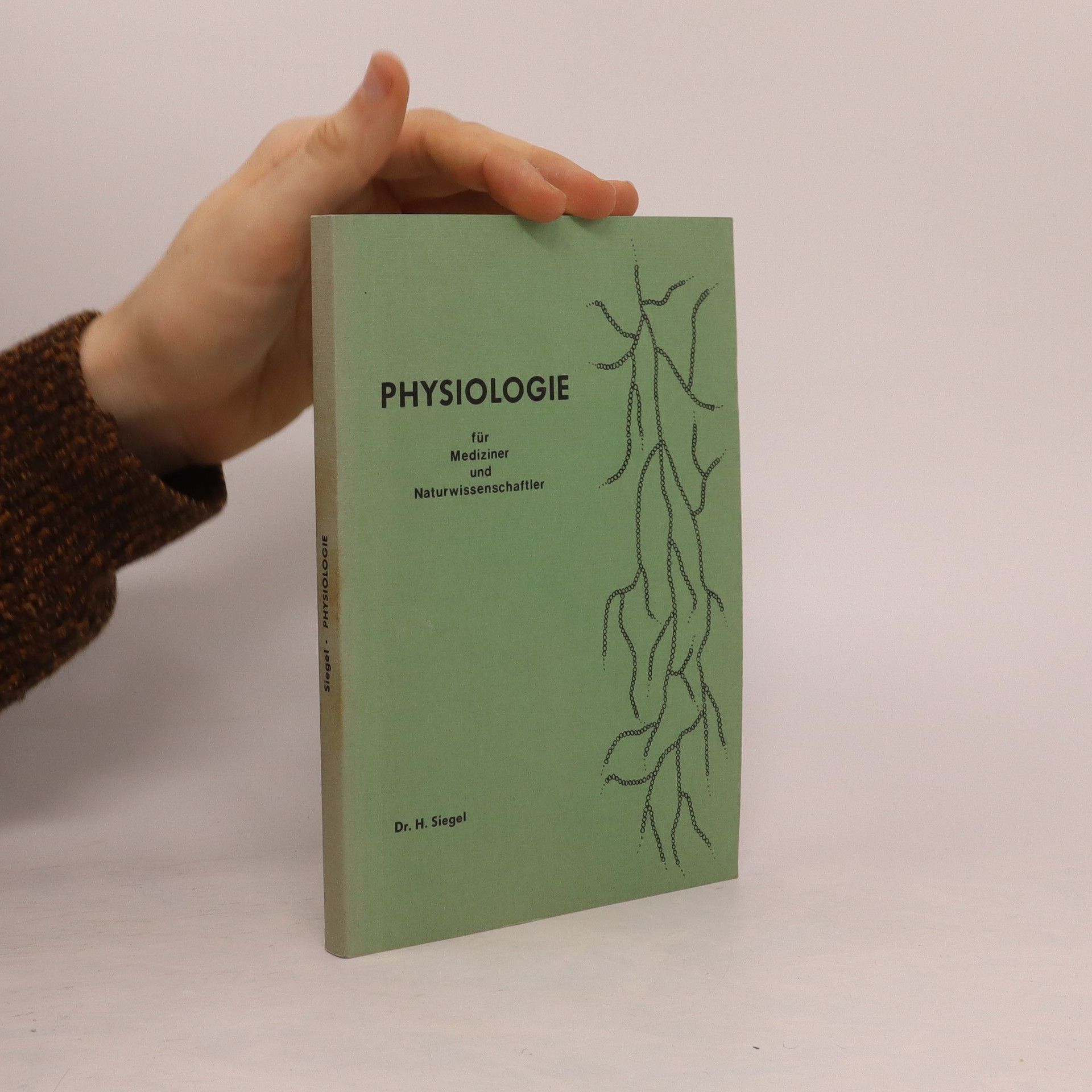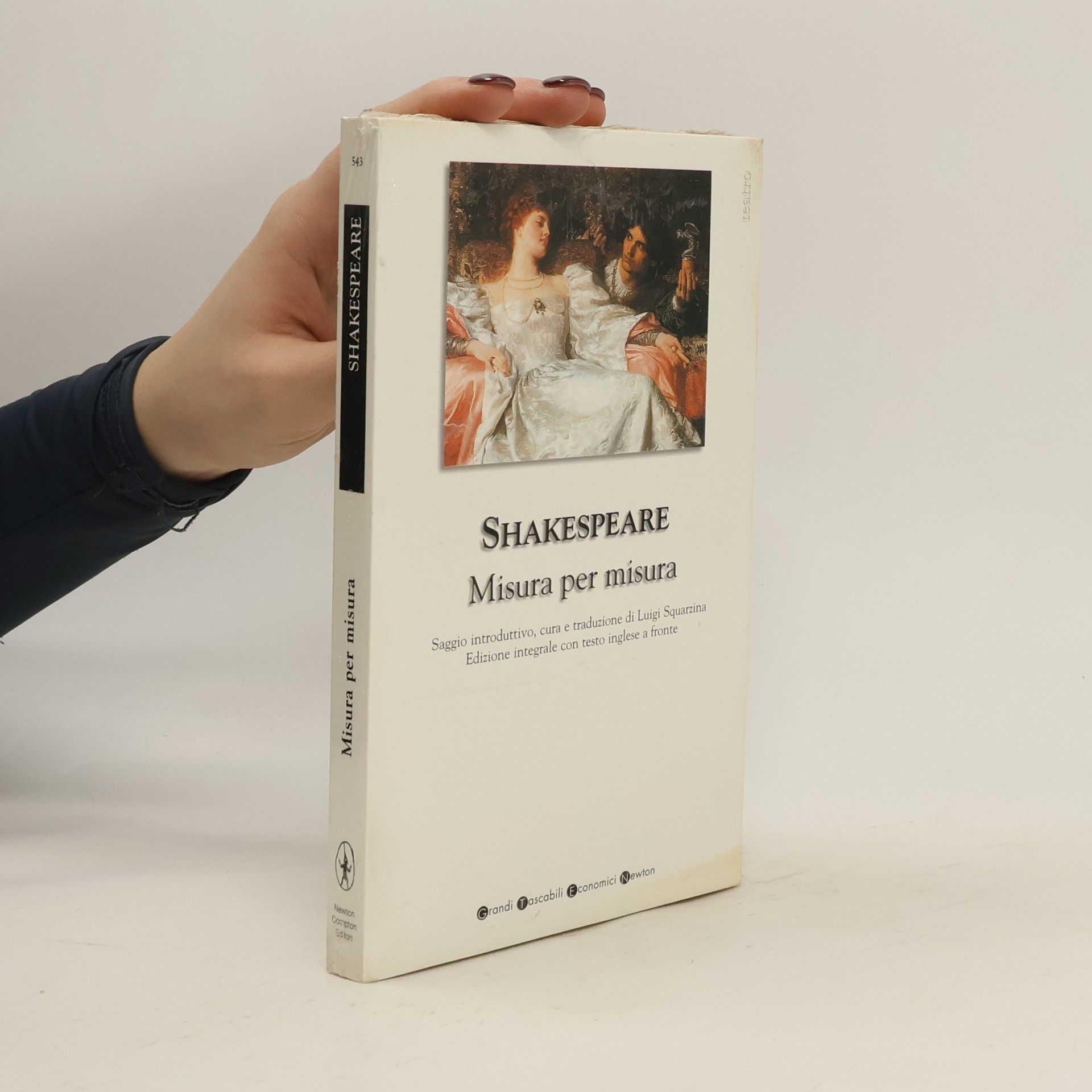Measure for Measure is among the most passionately discussed of Shakespeare’s plays. In it, a duke temporarily removes himself from governing his city-state, deputizing a member of his administration, Angelo, to enforce the laws more rigorously. Angelo chooses as his first victim Claudio, condemning him to death because he impregnated Juliet before their marriage. Claudio’s sister Isabella, who is entering a convent, pleads for her brother’s life. Angelo attempts to extort sex from her, but Isabella preserves her chastity. The duke, in disguise, eavesdrops as she tells her brother about Angelo’s behavior, then offers to ally himself with her against Angelo.
H. Libri




Regional analysis of the nationally determined contributions in the Caribbean
- 114pagine
- 4 ore di lettura
By highlighting the gaps in the coverage of mitigation and adaptation in the agriculture sector, as well as illustrating opportunities for enhancing climate action ambitions in the next round of Nationally Determined Contributions in the Caribbean, this analysis can serve as an important roadmap for informing policies and directing investments.